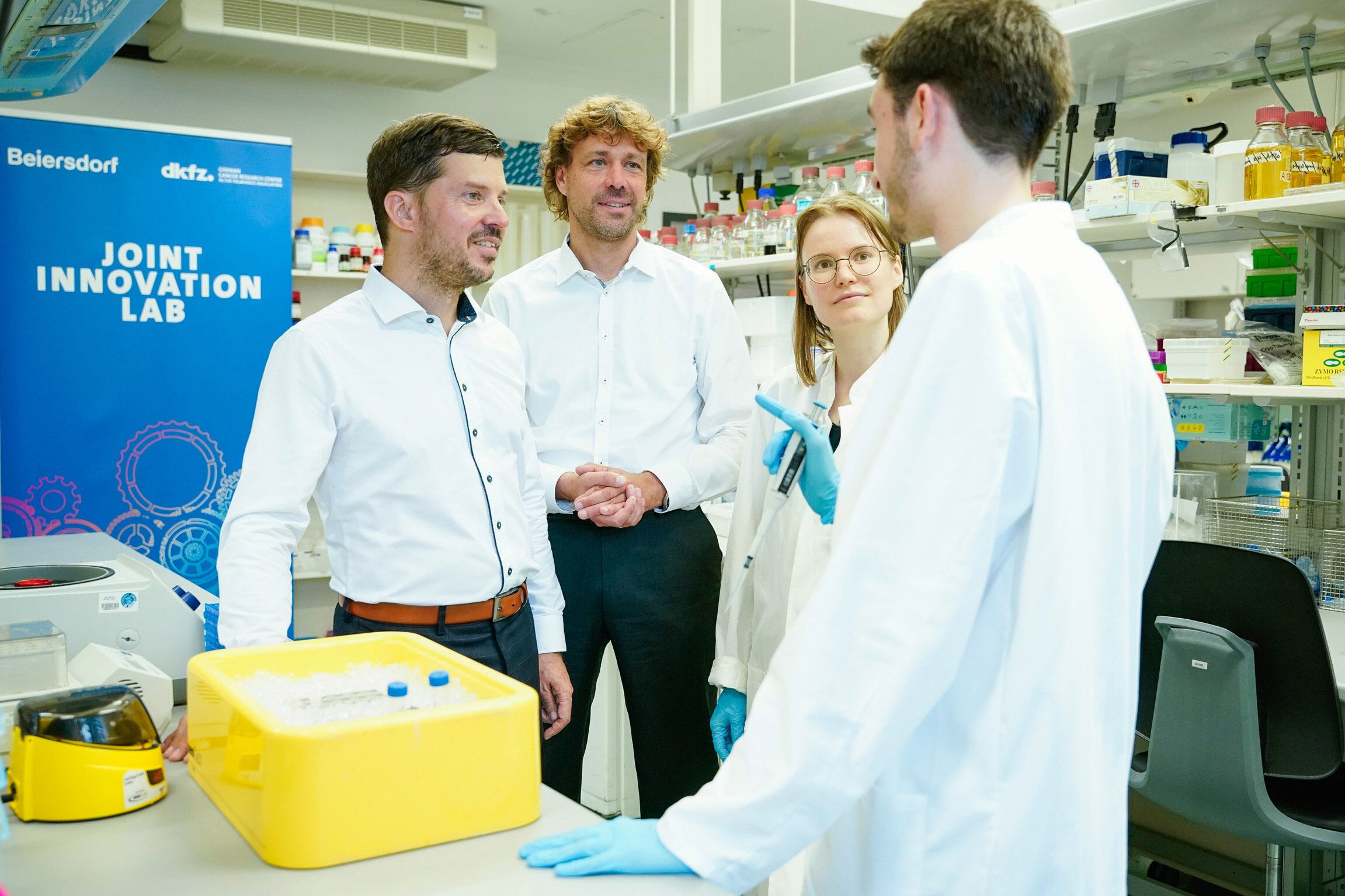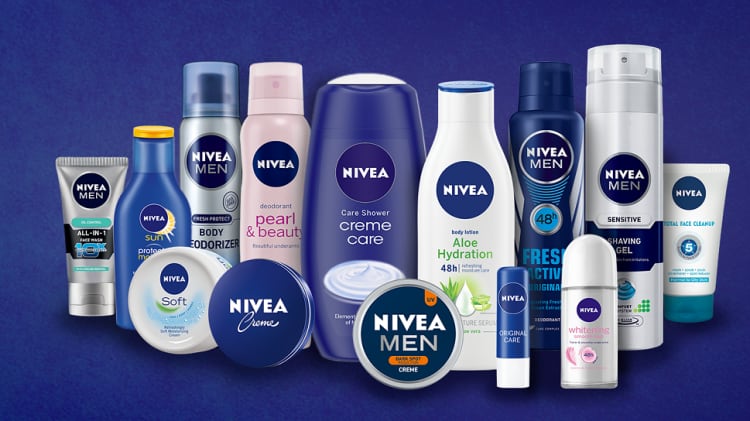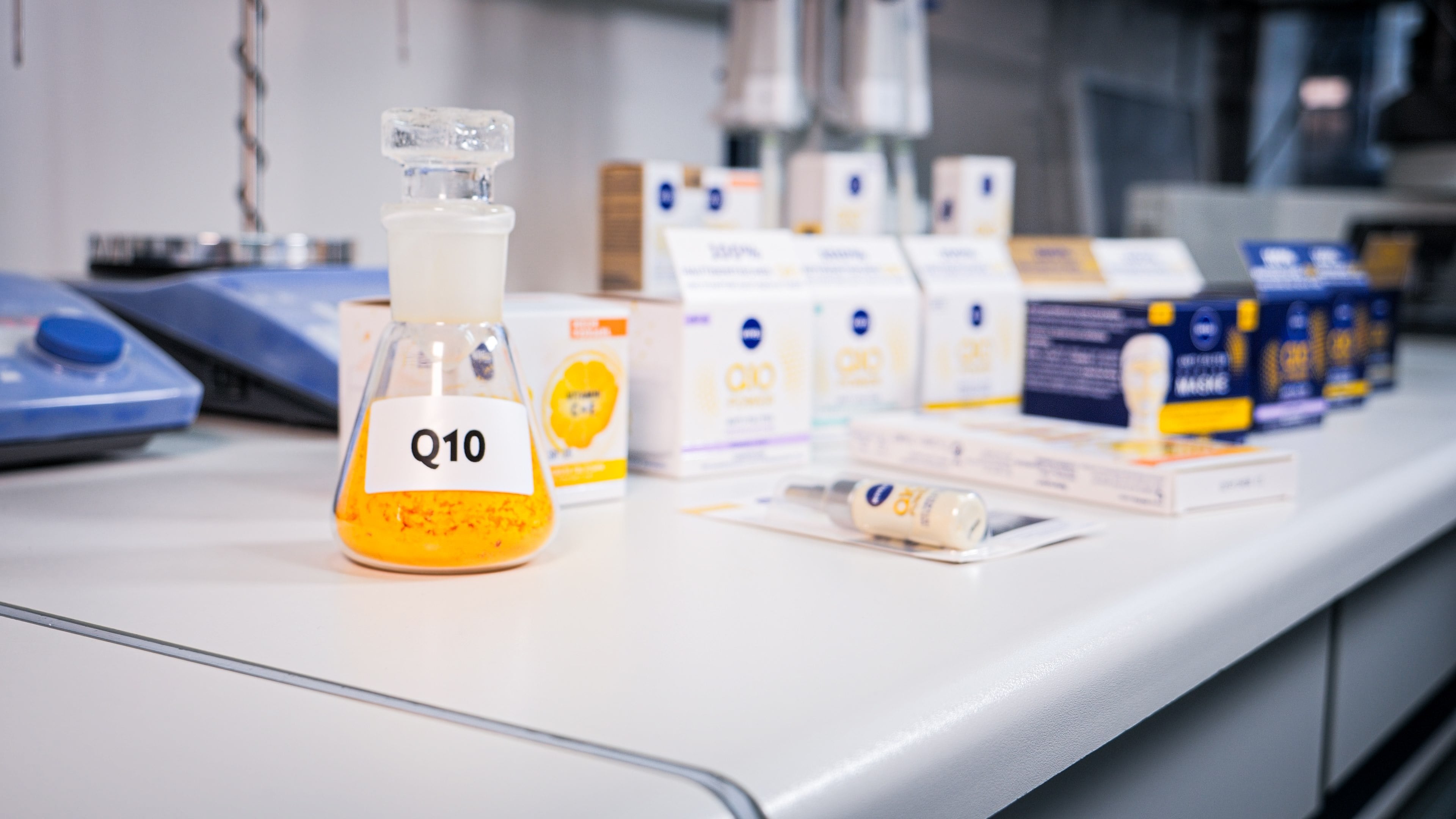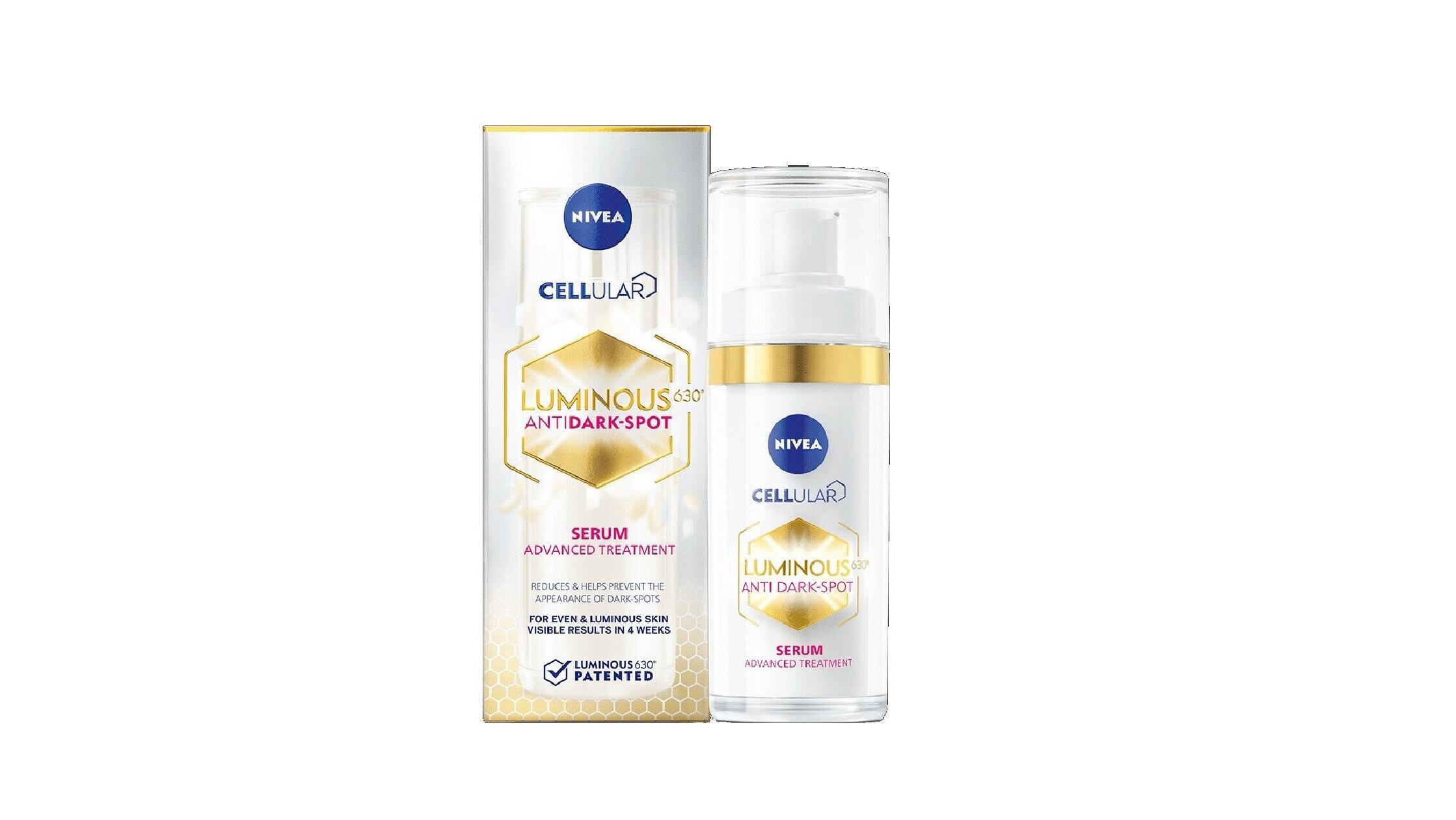Beiersdorf, the German beauty and personal care company behind global brands such as NIVEA, Eucerin and La Prairie, is prioritising skin cancer prevention and has formed a Joint Innovation Lab with the German Cancer Research Centre (DKFZ).
The lab, which is based in Heidelberg, will be used for collaborative research over the next four years. Together, the two organisations will invest a total of €4.8m into the project – with an annual contribution of €600,000 each.
The partnership stems from Beiersdorf’s wider Open Innovation strategy – an initiative centred around forming strategic partnerships that combine the expertise of in-house staff with the know-how of external partners.
A closer look at the ‘epigenetic clock’
Scientists working at the Joint Innovation Lab have been handed the task of ‘rejuvenating the skin and preventing skin cancer’ and to help do this, the team will have full access to DKFZ’s research infrastructure.
To start, the researchers are studying skin cells’ ‘epigenetic clock’ with the hope of being able to turn back biological ageing and therefore reduce the risk of skin cancer – as ageing is one of the biggest risk factors for the disease.
According to Beiersdorf, skin cells give a good indication of a person’s age, which can be derived from the ‘epigenetic markers’ of the genetic material. As we get older, this pattern of epigenetic markers changes in ways that can signify the risk of certain disease risks, such as skin cancer.
Scientists at the Heidelberg lab will investigate how these age-related epigenetic changes affect cellular processes, signs of ageing associated with them, and how the epigenetic clock in skin cells can potentially be reversed.
Substantial epigenetic rejuvenation of skin cells is within reach
“Age is the most important known risk factor for developing cancer,” explains Professor Frank Lyko, head of the Epigenetics department at DKFZ. “Our vision is to specifically intervene in the skin’s epigenetics to biologically rejuvenate skin cells and potentially reduce the risk of skin cancer.”
Lyko and a team of Beiersdorf scientists had already been investigating the epigenetics of skin cells since 2008 – to gain a better understanding of the effects of UV radiation. Some studies have already succeeded in rejuvenating different tissue types by ‘turning back the epigenetic clock’ – with no noticeable harmful side effects.
“We have now reached a stage of research that brings substantial epigenetic rejuvenation of skin cells within reach,” says Dr Marc Winnefeld, head of Applied Skin Research at Beiersdorf. “By working with DKFZ, we will be able to speed up the search for strategies and model substances that influence both skin ageing and carcinogenesis.”





